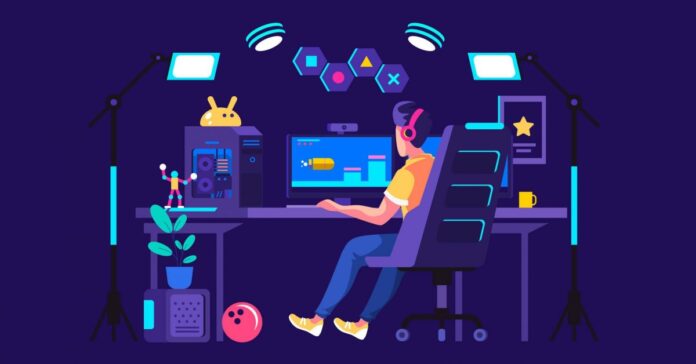Artificial Intelligence (AI) is set to revolutionize the video game industry, with experts predicting that it will lead to an increase in job opportunities. According to Dr. Richard Wilson, the head of TIGA (a body representing game developers), AI implementation in games will significantly reduce production costs and expedite the development process.
AI has been part of video games for several decades, from simple forms of AI guiding non-player characters in classic arcade games like Pac-Man to more sophisticated applications in modern titles. However, concerns have been raised about potential job losses and legal issues arising from the adoption of advanced AI technology.
UKIE, another organization representing games companies in the UK, acknowledges these concerns but views the developments in AI as an exciting opportunity for the industry. The gaming landscape is evolving, and AI’s influence is becoming more pronounced, both on-screen and in the development process.
The latest AI tools are expected to automate routine tasks, such as generating scripts, voicing background characters, and creating art assets. This automation is poised to be a game-changer for the industry, as it will free up creative space for developers to focus on more innovative aspects of game development.
Guy Gadney, co-founder of Charisma.ai, a platform utilizing generative AI techniques in games, believes that AI will offer a new way of storytelling by allowing computer-controlled characters to interact more intelligently with players. Instead of limited conversation choices, AI-driven characters can engage players in natural conversations, enhancing the overall gaming experience.
However, while the potential for AI in gaming is immense, Dr. Tommy Thompson, an AI in games expert, warns that the industry must exercise caution. Current open-access AI tools may pose copyright issues, with ongoing lawsuits questioning ownership and appropriate consent. Some game studios are developing their own AI platforms to address these concerns, but it can be time-consuming and expensive.
Nonetheless, the video game industry remains at the forefront of technology adoption, already leveraging AI in various areas, such as production, art, interaction with in-game characters, and community management. As AI continues to advance, it promises exciting opportunities for the gaming sector while also raising important considerations about copyright and skills requirements.
In conclusion, AI’s integration into the video game industry is expected to streamline processes, reduce costs, and foster creativity, leading to more job opportunities for developers. While challenges related to copyright and legal implications persist, the future potential of AI in gaming remains promising, offering an exciting and transformative journey for both developers and players alike.





